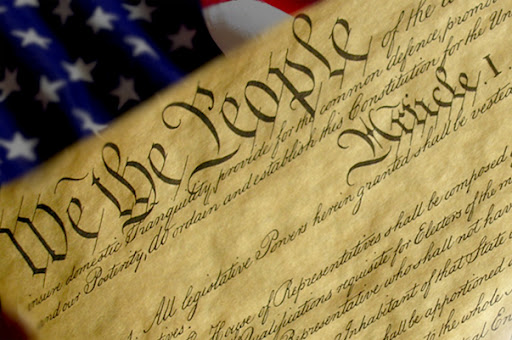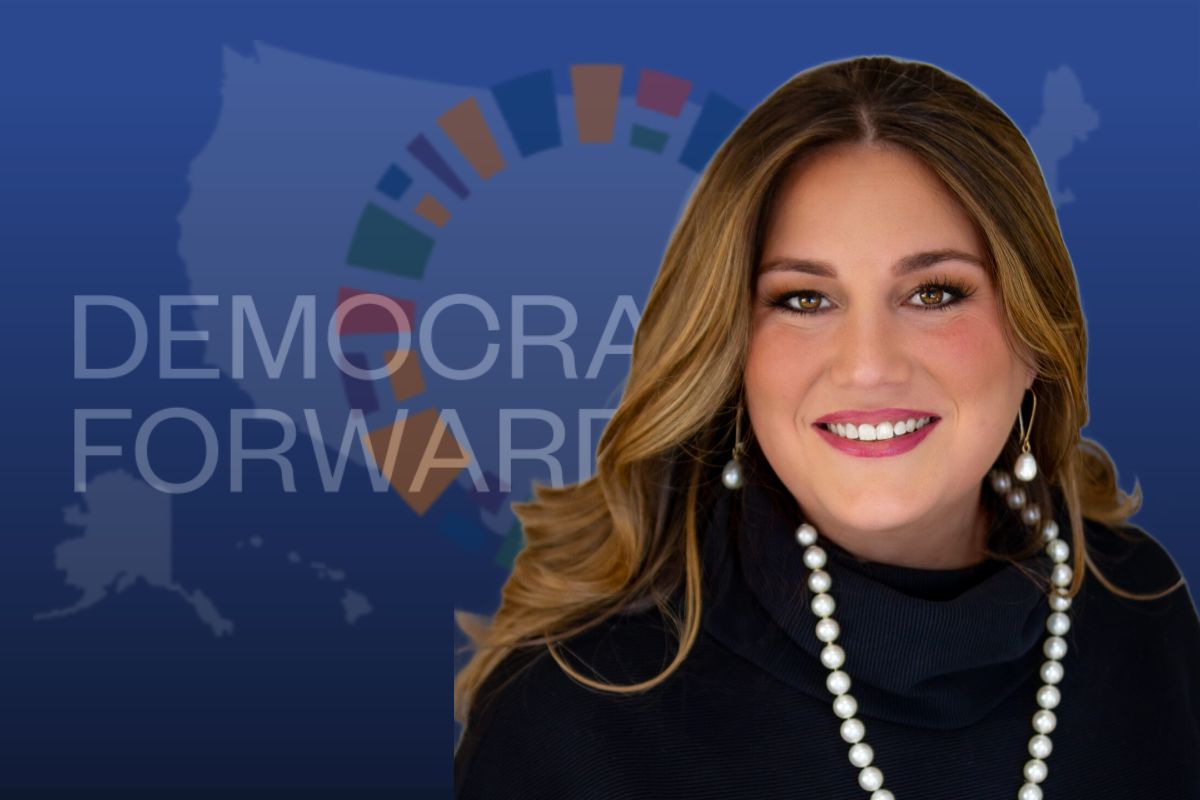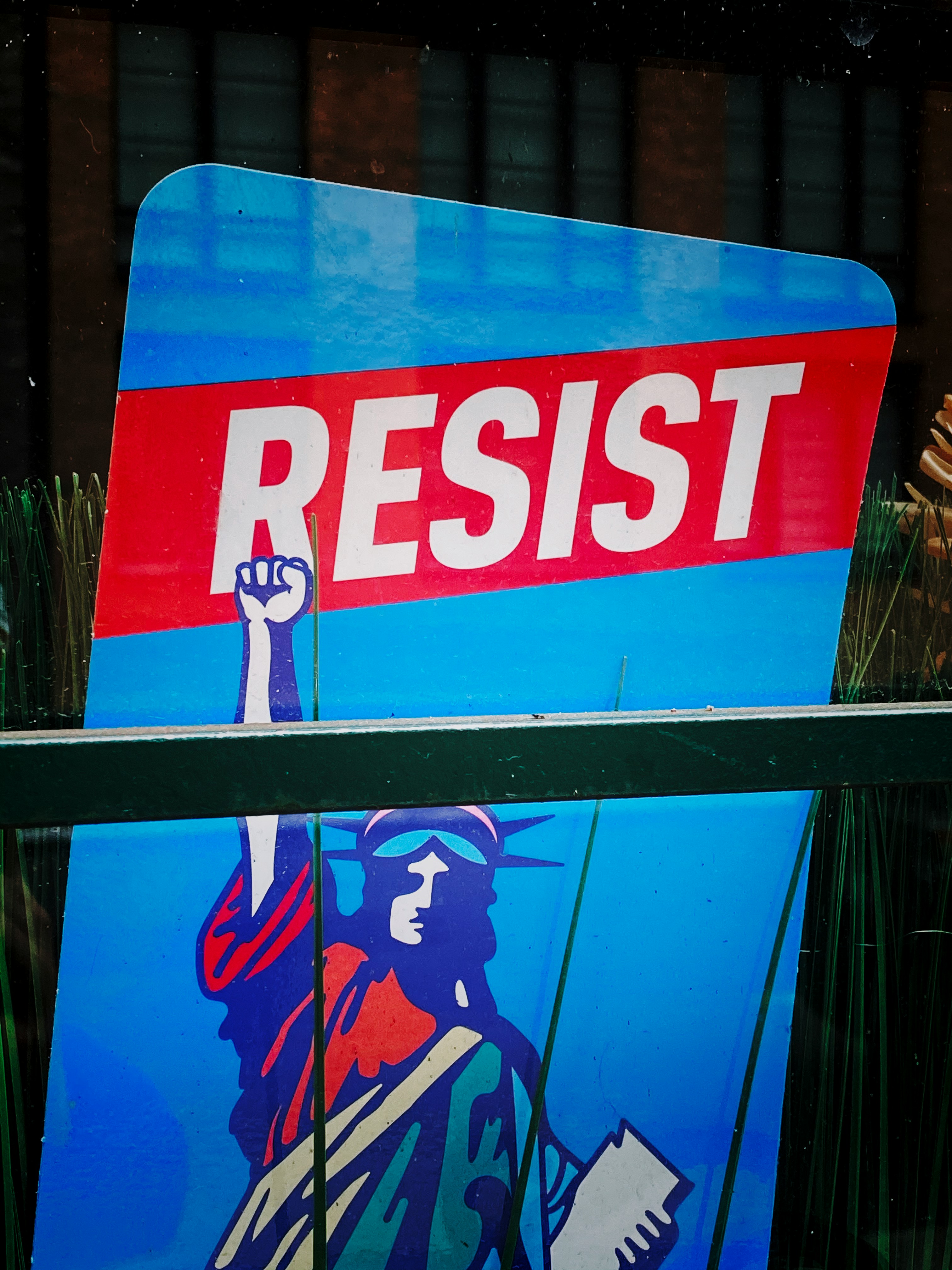News & Updates
Read the latest press releases, blog posts, and State of Belief episodes from our team in Washington, D.C., our network of faith leaders and affiliates across the United States.
Featured Posts
In Trump V. Illinois Amicus Brief, Interfaith Alliance Tells Supreme Court that Right to Protest is Key to Religious Freedom
WASHINGTON — Interfaith Alliance, a leading national advocate for religious freedom, has filed an amicus curiae brief to the Supreme Court in Trump v. Illinois, supporting a ruling by a federal judge that prohibits the Trump administration from deploying the National Guard to Illinois. Democracy Forward is providing pro bono legal representation to Interfaith Alliance in the case.
Thank you! Your submission has been received!
Oops! Something went wrong while submitting the form.

Announcing the 2025-2026 Interfaith Leadership Network Fellows
Interfaith Alliance is proud to announce the 2025–2026 cohort of the Interfaith Leadership Network, an extraordinary group of clergy, pro-democracy advocates, and community leaders advancing civil rights, inclusive religious freedom, and democracy in communities across the country. Through practical support, funding, and a powerful peer network, these fellows will mobilize interfaith collaboration to confront urgent local challenges and strengthen a pluralistic democracy.

Pluralism is Democracy in Action
On July 4, America will mark 250 years since the signing of the Declaration of Independence. That day in 1776, the nation’s founders put forward a bold vision for a new democratic experiment, one rooted in shared values, with power derived from the people rather than imposed by a monarch or religious authority:

Interfaith Alliance Condemns New Brutal ICE Killing In Minnesota, Urges All Faith Communities to Mobilize Against ICE
On Saturday in Minneapolis, Immigration and Customs Enforcement (ICE) agents brutally attacked and then shot to death Alex Pretti, a registered nurse who appeared to be filming the agents and coming to the aid of a legal observer. This latest horrific murder of a civilian bystander by armed federal agents comes just over two weeks after the murder of Renee Good during an otherwise nonviolent encounter.

We The People v Trump with Democracy Forward's Skye Perryman
Host Paul Brandeis Raushenbush talks with Democracy Forward President and CEO Skye Perryman about the first year of the second Trump administration. Skye describes how, amid a flood of policies and orders emanating from the White House, Democracy Forward's attorneys have brought many hundreds of challenges in court - and have prevailed in a great majority of them.

One Year of The Trump Administration’s Attacks on Faith Communities and Abuse of Religion
Over its first year, the Trump administration has weaponized religion to advance a white Christian nationalist agenda, attacking faith leaders, houses of worship, immigrants, and religious minorities while undermining core principles of religious freedom. Even as federal power has been used to intimidate and exclude, faith communities across traditions have mobilized to defend democracy, pluralism, and the right of all people to practice their beliefs.

Courage in Community: Minnesota Faith Leaders Respond to ICE Crisis
Host Rev. Paul Brandeis Raushenbush talks with four Minnesota faith leaders on the ground defending their communities against ICE attacks: Rev. Susie Hayward, Rev. Dr. Rebecca Voelkel, Rev. Jim Bear Jacobs, and Rev. Dr. Jia Starr Brown.
